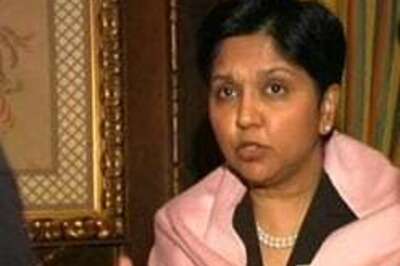
views
CHENNAI: A nationalised bank in Uttar Pradesh has been directed by the Madras High Court to give a suitable job to the son of its manager who was shot dead just five days prior to his voluntary retirement, in 2001.The bank officials had, under one false pretext or the other, turned down the plea of the deceased employee’s family for providing a job on compassionate grounds on the pointless argument that after payment of compensation and ex-gratia to which the petitioners were legally entitled, there was nothing more for it to consider. Such an imprudent and hard-hearted approach on the part of the bank, which was an instrumentality of the State, was clearly opposed to Articles 38, 39 and 41 of the Constitution, Justice T Raja observed while allowing a writ petition. These provisions compelled the bank to secure the petitioner’s right to adequate means of livelihood, the judge added.V Mullai Vasuki, wife of victim K Veerarajan, moved the HC to declare the denial of compassionate appointment to her son V Gokulakrishnan as illegal and violative of the Constitution.Veerarajan was serving as manager of Syndicate Bank Sardhana branch in Meerut. On June 25, 2001 after closing the bank, he was returning home carrying a bag containing important documents and keys, including the keys of safe room. Thinking that he was carrying the bank’s money, some dacoits tried to snatch the bag. When he resisted, he was shot at. He was declared dead at a nursing home, later. He left behind his wife and three college-going children.Earlier, Veerarajan had applied for voluntary retirement in December 2000 and the bank, accepting his request, passed an order in April 2001 stating that he would be relieved from service on June, 30, 2001.Petitioner contended that the bank, being a State within the meaning of Article 12 of the Constitution, could not take any negative stand on hyper-technical ground to deny compassionate appointment. Conceding the contentions, the judge said the request for compassionate appointment deserved to be considered as a special case in view of the peculiar circumstances under which Veerarajan was murdered.




















Comments
0 comment